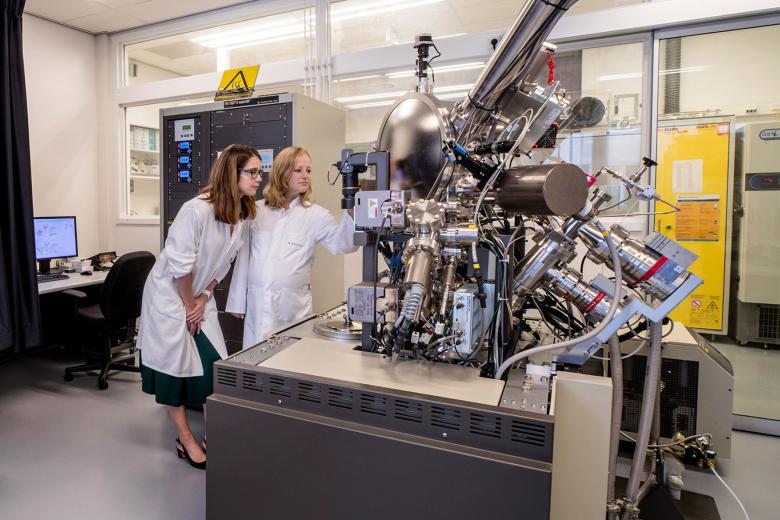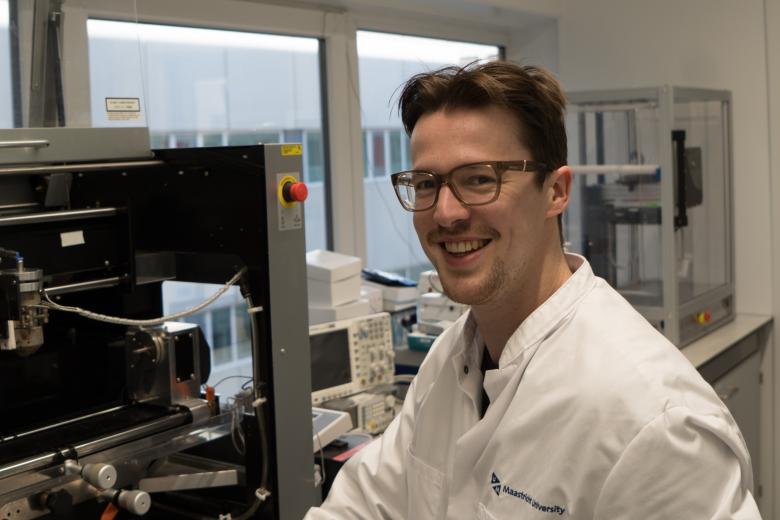Assessment of Corona Burden Tool
Like other respiratory illnesses, COVID-19, the disease caused by the novel coronavirus, can cause lasting lung damage. The recently launched “Assessment of Corona Burden Tool” (Corona Ziektelastmeter), helps people who were infected with the virus to get more control over the complaints they may experience.
The tool consists of a questionnaire that addresses several possible complaints. It examines the physical, emotional, psychological and / or social aspects that play a role in the perceived burden of disease. The tool provides a simple visualization of outcomes, which gives users insight in the severity of their complaints. If necessary, they can be referred to a healthcare provider. Furthermore, the visualisation helps patients and healthcare providers set a personal goal and make an individual treatment plan. The tool can be used several times to see the developments over time.
This assessment of burden tool has initially been developed for people with the respiratory disease COPD (ABC tool). Studies showed that use of the ABC tool increases quality of life and quality of care in patients with COPD. Together with the Lung Foundation Netherlands, prof. Onno van Schayck and his team (RL Optimising Patient Care) adapted the tool for people who have had a corona infection, based on information from the RIVM and studies from abroad. This disease burden tool has not yet been studied within this specific patient group. Therefore is not yet known whether all complaints are included in the tool and whether the severity of the complaints is accurately displayed. It will be validated in the coming months.
Also read
-
UM to play a more prominent role in Dutch scientific infrastructure
Eleven consortia from various scientific disciplines are set to launch projects of great value to science. The Dutch government is making a total of €197 million available for this purpose. Scientists from Maastricht University (UM) are closely involved in seven of the eleven projects.

-
17 million for Dutch mega cohort: working together to build healthier ageing
MUMC+ is main applicant in the NCC: a unique research infrastructure with data from almost half a million Dutch citizens.
-
Letting bone and cartilage repair themselves
Tim ten Brink focuses on developing implants for damaged bone and cartilage, so eventually there is less need for invasive surgery.
